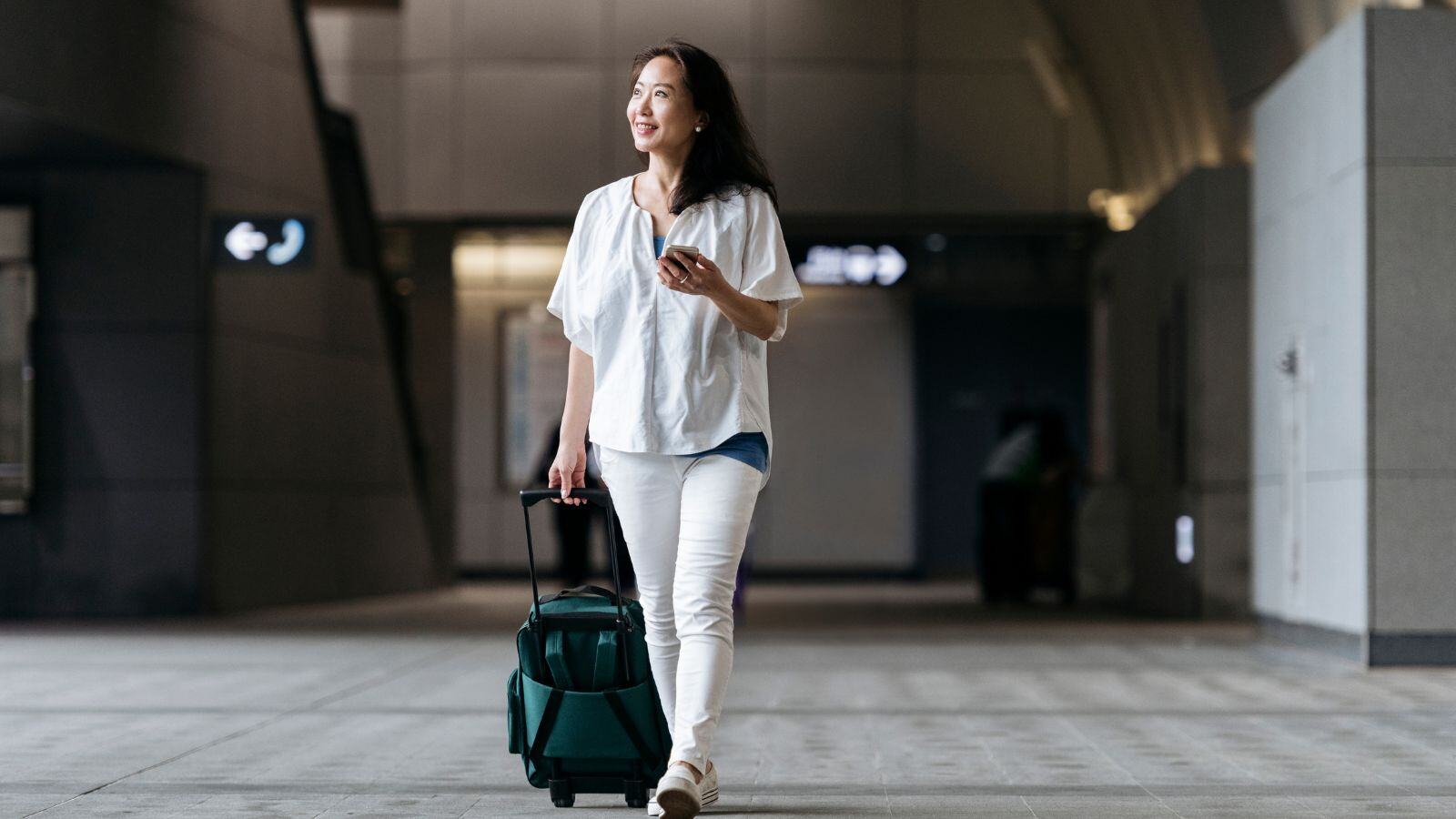The travel market has gone through seismic changes over the past year and a half. From lockdowns, to limited capacity, it poised a unique challenge - and opportunity - for technology to take on new applications and importance the travel space.
With the world rethinking what travel can look like, we put together five of the biggest headlines in travel technology to keep on your radar this month and beyond:
Travel + Leisure: Red Rocks Amphitheatre to Use Palm-scanning Technology for Entry Thanks to Amazon
There’s a new era in event travel, as technology reimagines the event experience for the thousands of travelers planning trips around concerts, conferences, and festivals annually. The Red Rocks Amphitheatre in Denver, Colorado recently implemented a new biometric technology for a ticket scanning. Now, attendees can access the event by simply swiping their palm over an Amazon One device.
In the understandably more complex post-pandemic travel landscape, new computer vision systems aim to simplify the travel experience for younger generation travelers, a group many predict will return to the skies sooner than most.
Skift: The Lasting Tech Trends That Fad-Averse Hoteliers Are Pursuing Now
A new influx of tech investments are hitting the hotel industry. Hoteliers, a business among the hardest hit by the pandemic, are revisiting new guest-facing technologies as the world is poised to reopen.
Whereas bedside charging stations were once the height of digital luxury, new focuses for hotels include solutions for ongoing issues like the labor shortage, raw material shortages and price inflation. Tech that lowers operational costs will offset workers hotels aren’t able to find, while property managing software will help small hotel teams manage the revival of weddings and events. Optimizing total revenue will be the name of the game for hotel management technology, a trend that will certainly ripple throughout the travel industry.
The Atlanta-Journal Constitution: Travel tech industry developing health passport apps
The outlook for cross-border travel is looking bright, and our recent data has already shown that a majority of travelers would be interested in some form of a vaccine passport requirement in order to resume trips. According to a new report in The Atlanta Journal-Constitution, the development of digital vaccine passports may already be in the pipeline for travel technology providers. While international travel requirements vary country-to-country, vaccine passport development centers around technology that can be used flexibly to bridge the gap between travelers certified COVID-19 test results and vaccination history and the destinations which require proof of either a negative test or vaccination for entry.
Travel Weekly: TSA innovation officer envisions big future for AI and biometrics
The benefit of growing traveler comfortability around sharing digital data? New innovations for AI within TSA, according to Travel Weekly. The pandemic prompted technological adjustments throughout the travel industry, and the Transportation Security Administration was no exception. Biometrics, enhanced by the growing use of mobile IDs, could work to make traditional IDs optional for passengers. With a new eye towards advancements, the TSA is looking towards technologies that will streamline the entire airport experience.
The New York Times: Venice, Overwhelmed by Tourists, Tries Tracking Them
Venice, one of the world’s most popular destinations, made headlines in 2018 for issues created by the sheer volume of visitors, which reached 30 million in 2019. The pandemic offered a much-needed reprieve for the city that had earlier this year banned cruise ships from its historic city centers. Now as the world looks to return to Venice’s famous canals, the city is taking a new approach to crowd control with high-tech solutions to monitor tourists and prevent crowding. Future plans include key-entry gates where visitors will have to book ahead to enter (for a fee).
The new plan for tracking - which will operate by collecting cell phone data and surveillance cameras - has received mixed reviews by Venetians who long for a more livable city but are uneasy about the solution. The move by Venice is an early example of how technology can be employed to save endangered places as sustainability becomes an increasing consideration in travel.
As the “new normal” increasingly means new transparency around physical health and space, we predict the travel landscape will be greatly shaped by digital advancements aimed at improving not only traveler safety, but the sanctity of the places we visit.


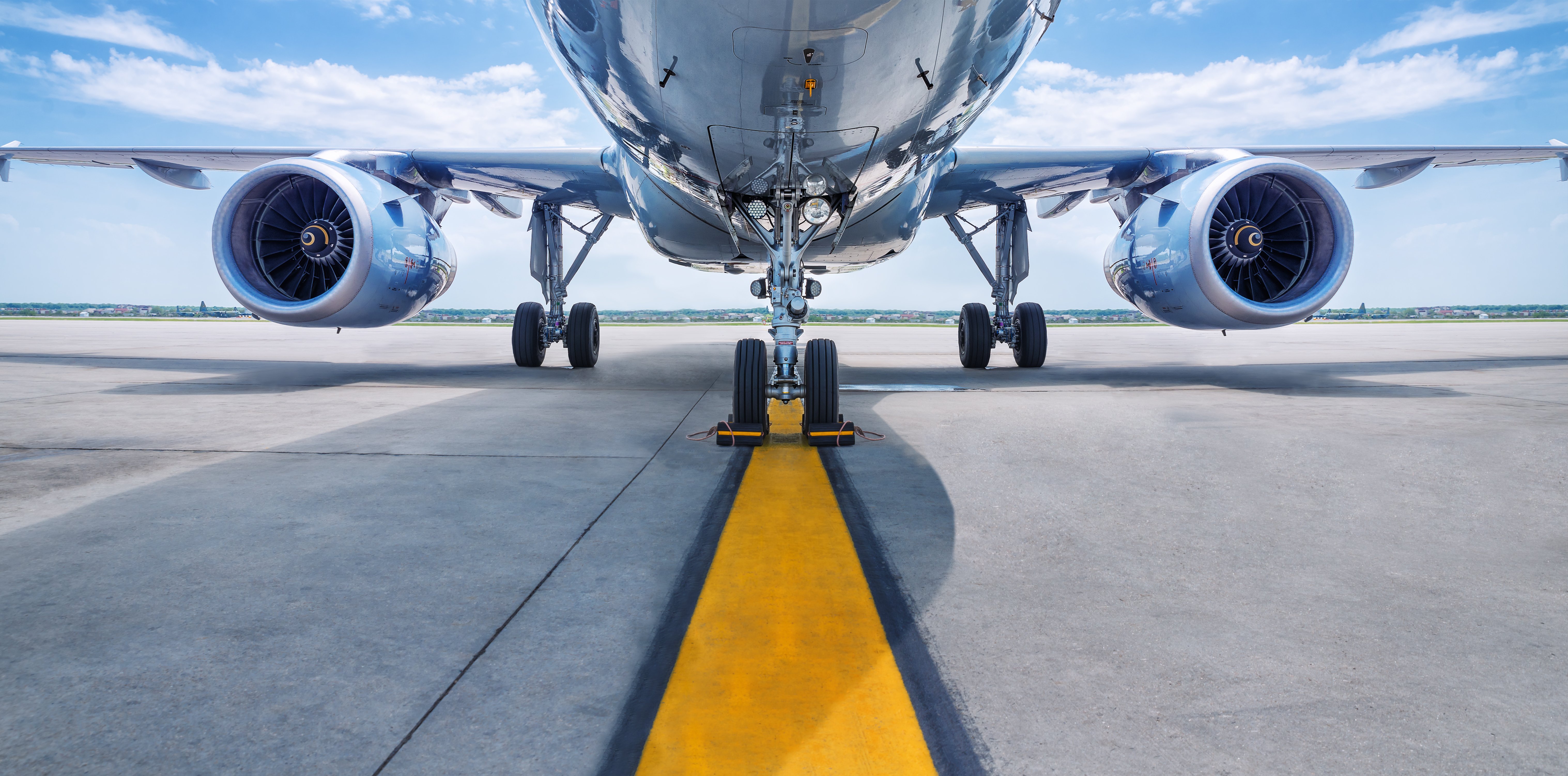

.jpg)

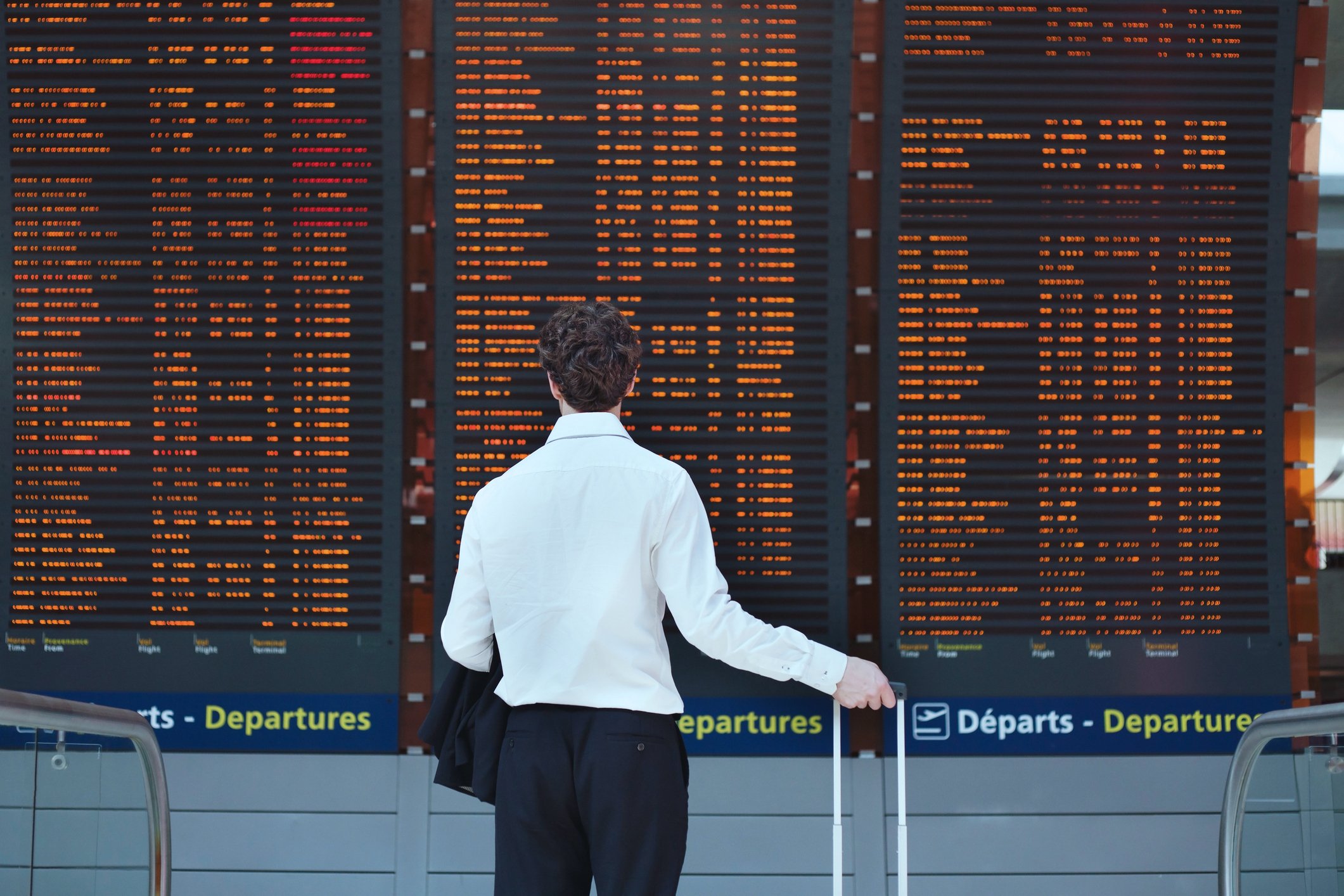

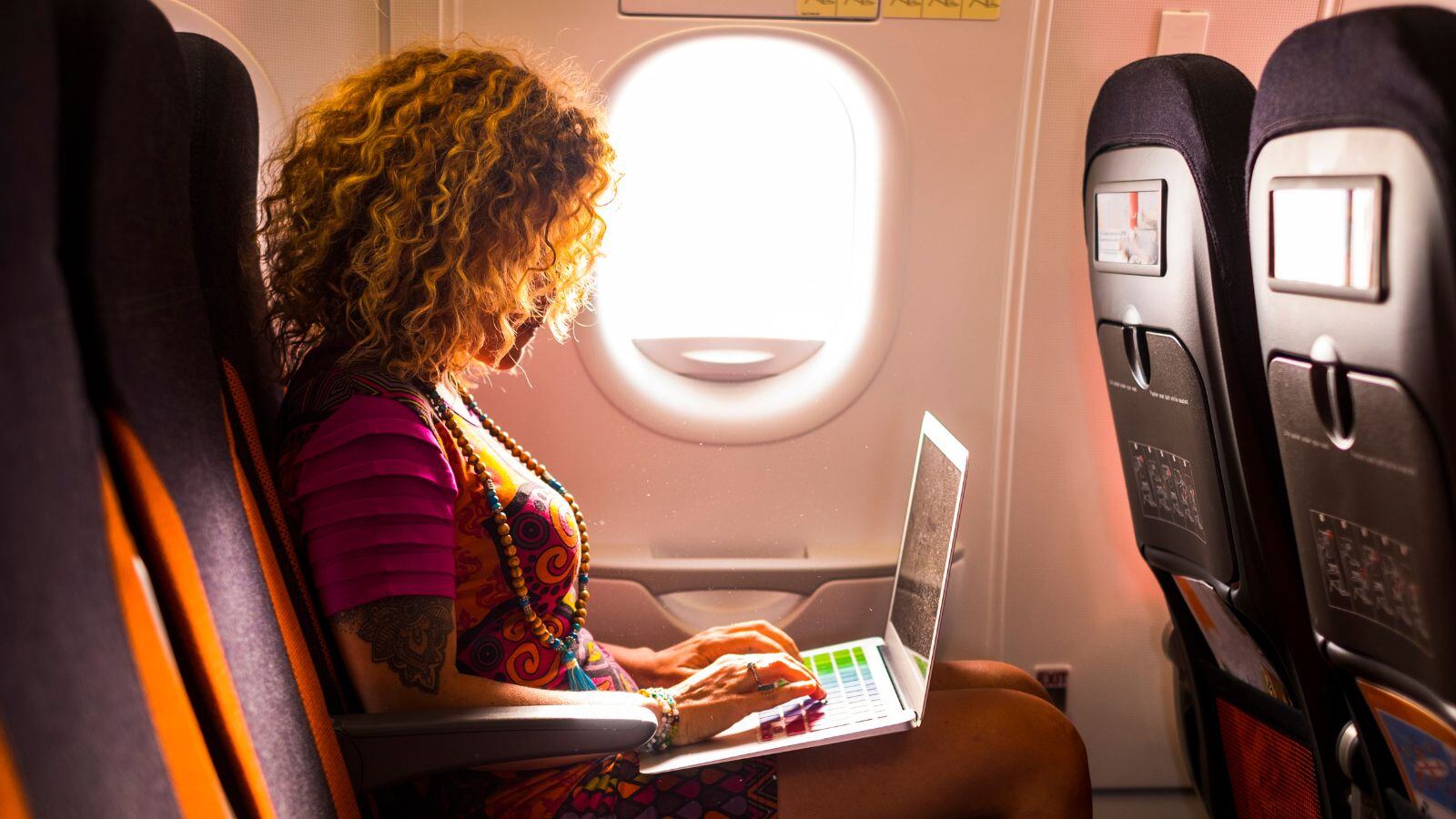
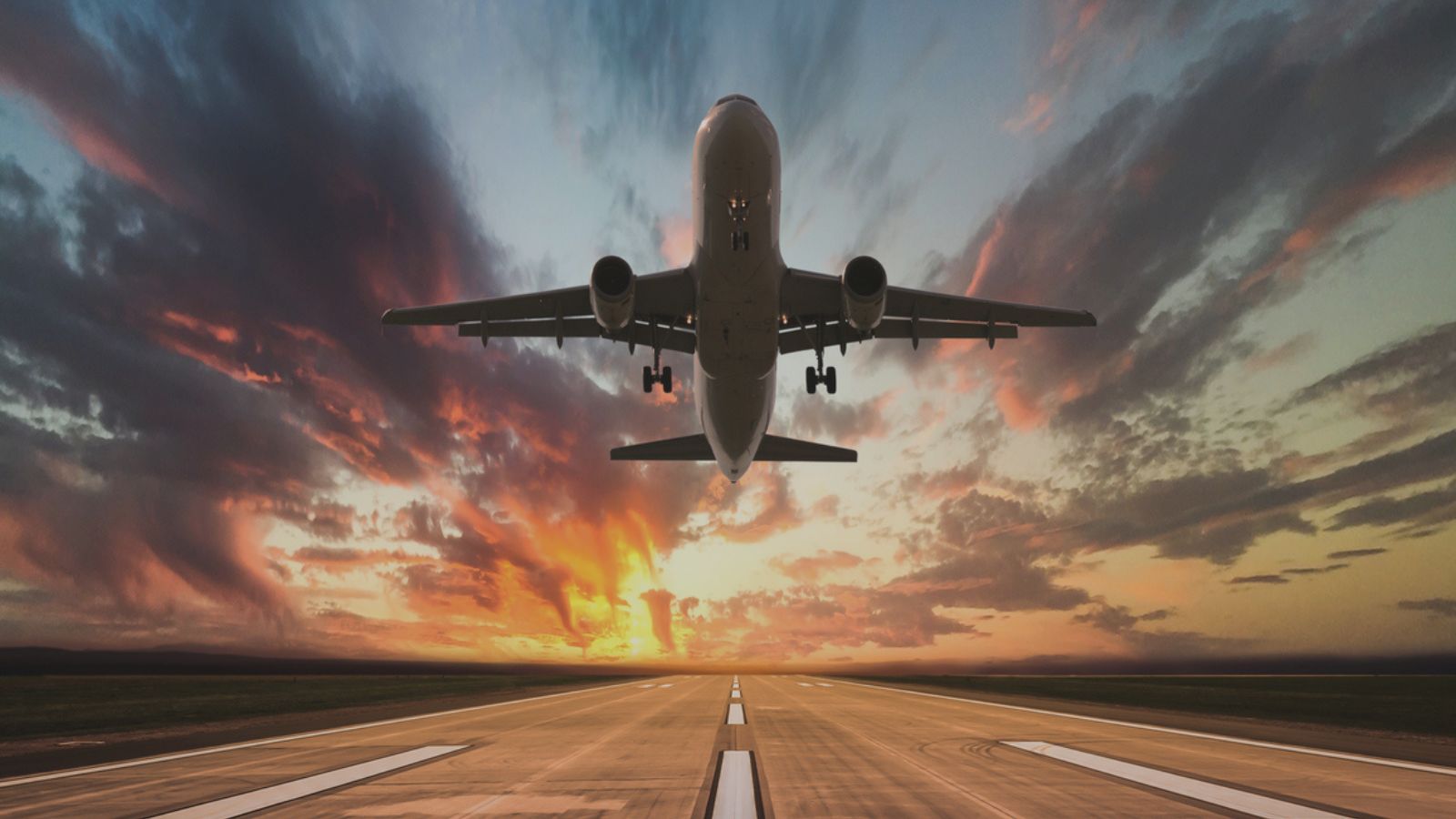
.png)

